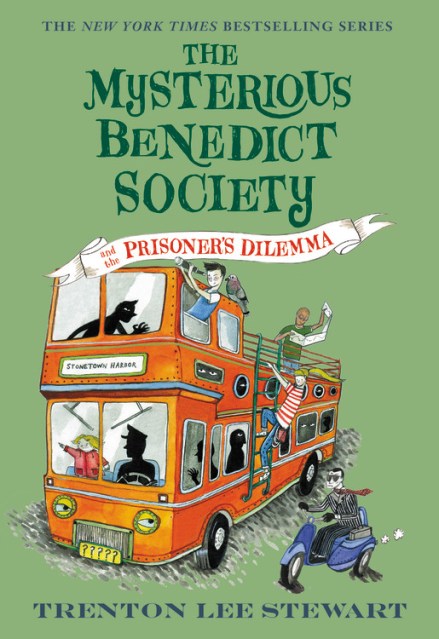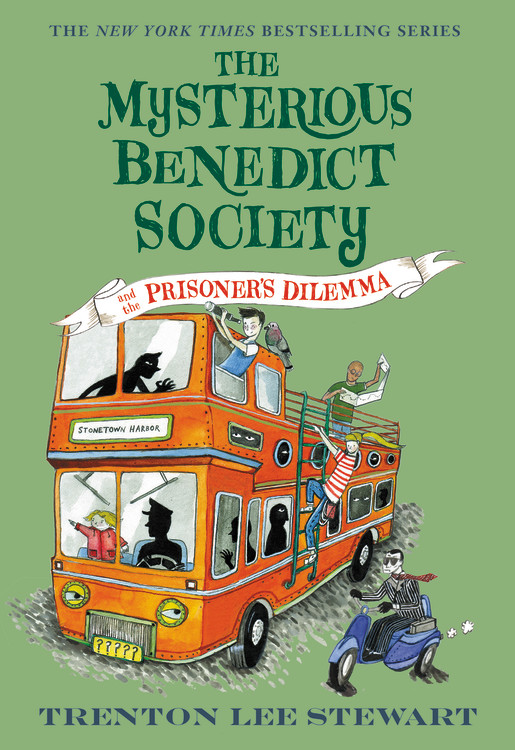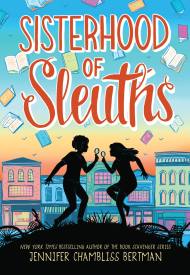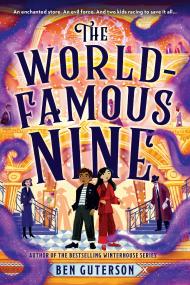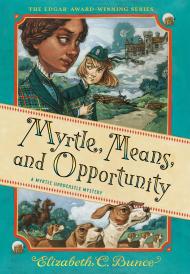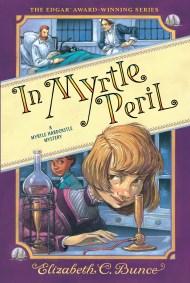Promotion
Use code MOM24 for 20% off site wide + free shipping over $45
The Mysterious Benedict Society and the Prisoner's Dilemma
Contributors
Illustrated by Diana Sudyka
Formats and Prices
Price
$9.99Price
$12.99 CADFormat
Format:
- Trade Paperback $9.99 $12.99 CAD
- ebook $7.99 $9.99 CAD
- Hardcover $36.99 $46.99 CAD
- Audiobook Download (Unabridged) $27.99
This item is a preorder. Your payment method will be charged immediately, and the product is expected to ship on or around October 5, 2010. This date is subject to change due to shipping delays beyond our control.
Also available from:
Join the Mysterious Benedict Society as Reynie, Kate, Sticky, and Constance embark on a daring new adventure that threatens to force them apart from their families, friends, and even each other. When an unexplained blackout engulfs Stonetown, the foursome must unravel clues relating to a nefarious new plot, while their search for answers brings them closer to danger than ever before.
Filled with page-turning action and mind-bending brain teasers, this wildly inventive journey is sure to delight.
Filled with page-turning action and mind-bending brain teasers, this wildly inventive journey is sure to delight.
Genre:
- On Sale
- Oct 5, 2010
- Page Count
- 400 pages
- Publisher
- Little, Brown Books for Young Readers
- ISBN-13
- 9780316045506
